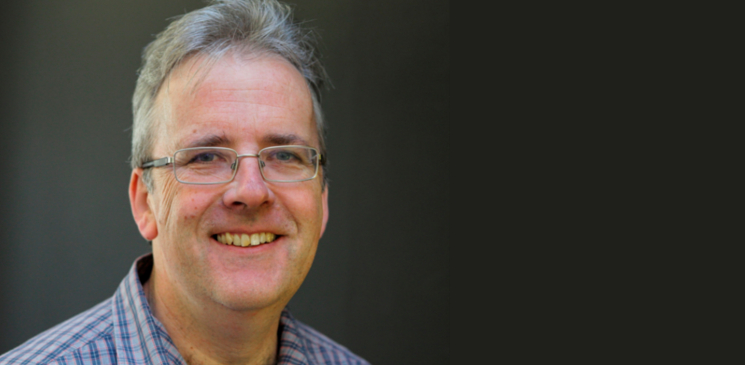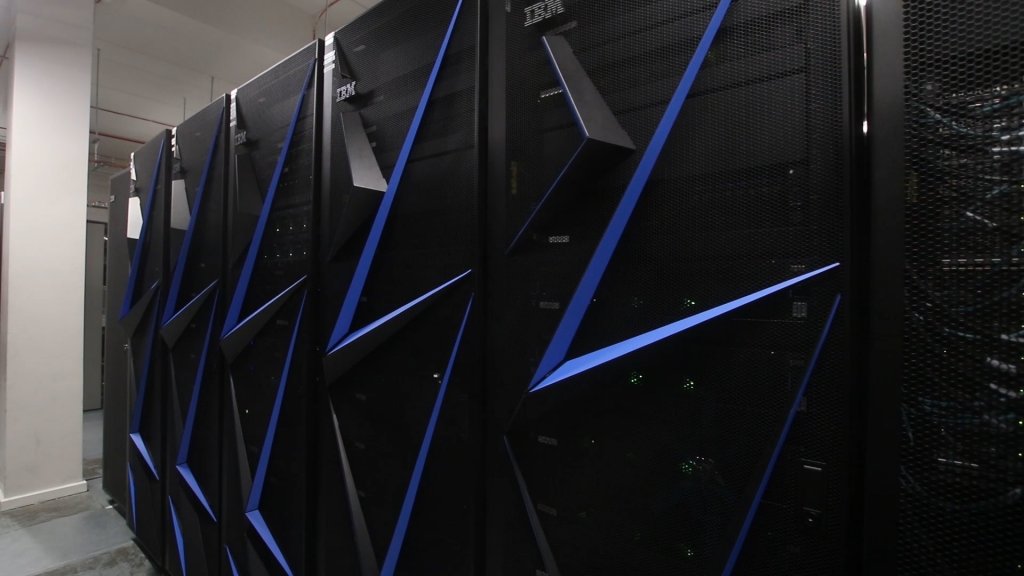
It has been three years since the very successful N8 High Performance Computing (N8 HPC) programme was rebooted as a Centre of Excellence programme in Computationally Intensive Research (N8 CIR).
The N8 CIR director is Professor Matt Probert, who originally joined the N8 HPC group in 2013 as the University of York’s representative. Since 2007, Prof Probert has also chaired the EPSRC-funded UKCP consortium of academic researchers who use HPC to do their research in the field of materials modelling.
Over the past three years N8 CIR has made rapid progress, after selecting Digital Health and Digital Humanities as its initial thematic priorities, being areas where it was felt they could make the biggest impact.
At the start of 2019, each university selected a champion for each theme and ran workshops with the research communities in their institutions to discover what computational barriers exist that are holding back research.
Prof Probert says: “This was about leveraging the size of the N8 and working collaboratively across the universities to tackle problems that wouldn’t otherwise be tackled. What we are trying to do is find the expertise in our universities that we can draw upon to solve problems big or small and to extract maximum benefit by sharing the work.
“Obviously, in some cases we don’t know what the problems are because the questions have never been asked, but when they are, we are now in a position to facilitate answers. This is about communication, bringing together people with solutions and people with problems and so a direct route to progress is opened up.”
Prof Probert says that N8 CIR is as important as its forerunner, N8 HPC: “There’s a lot of societal benefit in Digital Health and Digital Humanities. At the moment there are a lot of people out there who are struggling to answer the research questions they want to answer and those answers have the potential to make a big difference to people’s lives.
“We have people in our universities who are struggling to push through because they don’t have the necessary skills or training or software and N8 CIR can provide that and put them in touch with the people who can help and make it happen.
“There are lots of different little steps along the way and across humanities there are many different areas of research. If you look at it, what they are doing fundamentally is text mining trying to extract new information in many different areas like archaeology or social sciences.

“There are lots of different areas where there is a common computational theme, but many different applications. So by putting on bespoke training courses, by helping out with common software tools that can manage these tasks across many different disciplines you can make an impact with a common approach.
“In Digital Health, we have many big data sets generated from confidential patient records owned by the NHS, so is there a way of achieving appropriate anonymised secure privacy preserving access to this data and how do you do that and how do you get the benefit of that data without violating privacy concerns?
“One big area is digital mobile health apps which are used to track your fitness. But if you are diabetic, can you use it to track your insulin levels, can you use it to give you an alert that you need to take a shot?
“Are there things we can do with health monitoring devices instead of having to go to access GP services every month and handing over a paper log of when you had an insulin spike? Instead you could scan your smart phone and transfer all the data seamlessly with no errors, gaps or ambiguity about how things were recorded. It’s much more accurate personalised health care.”
Computational research is now thriving across the N8 community. Prof Probert says: “Our aim with N8 CIR is for many more N8 researchers to benefit and not just those who use HPC. It’s about helping them gain a competitive edge in their research, by building communities of practice and developing computational skills, software and training as well as facilitating access to HPC resources both locally and nationally. It’s an exciting time and there’s much to be done.”